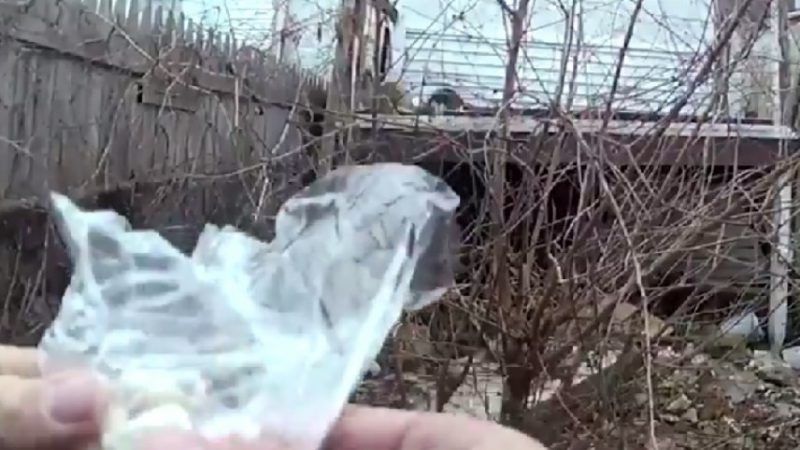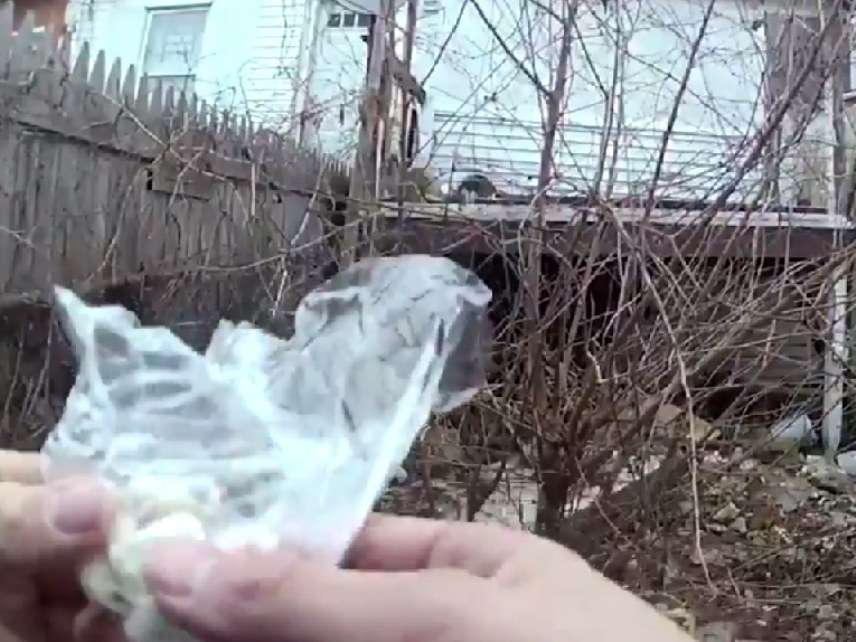Baltimore Drops Dozens of Criminal Cases over Allegations of Planted Drugs
But for the body camera footage…


Possible police corruption caught in body camera footage has led to dozens of people being freed in Baltimore.
Prosecutors have decided to drop 34 gun- and/or drug-related cases in the city because they involve three police officers who participated in what appears to be planting drug evidence at a crime scene.
The incident was caught in the body camera footage by the officer who planted the evidence. He had planned to capture only the discovery of the drugs, but the body camera system that Baltimore police use is designed to also record the 30 seconds before the camera is formally switched on. In this case, the footage captured the officer deliberately planting the drugs, then pretending to "discover" them on the scene with two other officers.
The officer who planted the drugs has been suspended during the investigation of what happened. The other two have been moved to desk jobs.
Now prosecutors have to go back and look at all the other cases involving the three officers. They have announced that they're dropping 34 cases. Others will likely be dropped soon—77 additional cases involving the officers are still under review. In 12 others, the authorities have decided to move forward with prosecutions due to independent corroborating evidence.
As The Baltimore Sun notes, there is now a second body camera video that suggests something similar might have happened in a previous case. During a drug arrest at a traffic stop, there's a gap in video footage between the stop and the discovery of the drugs that led to the arrest.
It's worth remembering that this all is happening because somebody at the public defender's office in Baltimore noticed it and flagged it for prosecutors. Even after prosecutors had been informed, they used the officer in the center of the controversy to testify in another case without telling the defense attorney in that case what had happened. It was the public defender's office who released the body camera footage to the public, not the prosecutors and not the police.
This is very clear evidence that police and prosecutors should not have the primary authority to dictate the terms for releasing body camera footage or dash camera footage to the public. Unfortunately, as police recordings become more commonplace and states have to figure out how to handle access, we're seeing lawmakers slam the doors shut and declare that these recordings are exempt from public records laws in states such as Pennsylvania and North Carolina.
Instead, members of the public and media have to make the case to police and courts (if they can afford to do so) that some footage should be made public. Officials have wide latitude to decline.
Even though the public defender's office pushed this matter forward, there's still a significant problem here. The public defender's office had this footage since April, but it didn't get around to watching it closely until July. The man charged in this case was arrested back in January, was unable to afford bail, and had been sitting in jail the whole time.
When citizens have to depend on government officials to have access to footage, they're stuck waiting for the gears of bureaucracy to turn. There are legitimate reasons for officials to protect the privacy of witnesses and investigatory processes that turn up in police video. But when police and prosecutors operate on the assumption of secrecy rather than openness for this kind of footage, you can get outcomes like this. Or worse yet, the incidents might never be uncovered at all.


Show Comments (40)